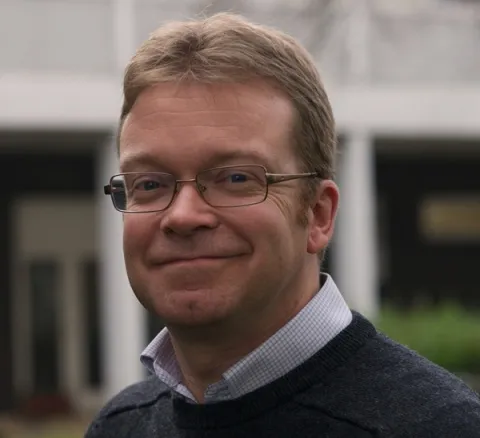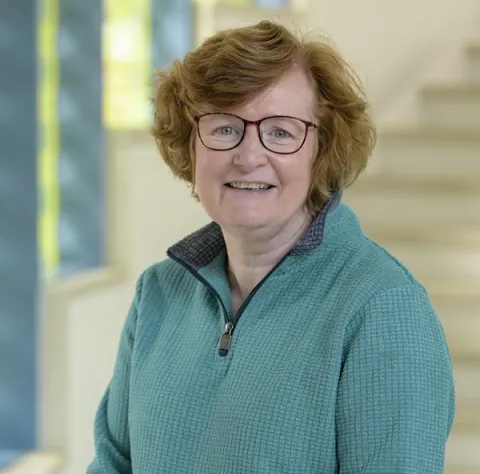About the project
This project will develop and validate new field-based systems for assessing the presence, behaviour and environmental cycling of per- and poly-fluoroalkyl substances (PFASs) – environmentally persistent “forever chemicals”. Novel passive PFAS samplers will be developed and deployed to examine PFAS accumulation and risk in varied aquatic environments in Europe and beyond.
Per- and poly-fluoroalkyl substances (PFASs) are contaminants of major international concern. Used for over 60 years in a wide range of industrial applications (e.g., fire-fighting foams, adhesives, waxes, non-stick cookware etc.), they are now ubiquitous in the environment. Commonly known as “forever chemicals”, they are highly persistent and may accumulate both in humans and in ecosystems, although assessment of their environmental and ecosystem risk is hampered by lack of knowledge on their cycling, modes of interaction with sediments and organisms, and input and removal rates in different environmental systems.
This project will build on the hosting research groups’ experience in emerging contaminant chemistry and geochemistry and passive sampler development , and advanced chromatographic separation and analysis methods to develop and validate passive PFAS samplers, which will be fabricated, tested and deployed in both surface waters and sediments of contaminated and more pristine environmental settings (for example, central European lakes, Arctic fjords). Samplers will be calibrated for sediment and water column deployment, and used to assess PFAS accumulation in various environmental “compartments”, providing the fundamental data needed to assess environmental impact and ecosystem risk, and PFAS sources, transport and accumulation processes.
The project will utilise unique UK facilities for 2D-liquid chromatography mass spectrometry (LCMS) to characterise different PFAS (and their possible breakdown products), and the successful applicant will have the opportunity to work with the supervisory team’s wide range of international academic and industry partners to access diverse field sites, and develop the sampler technology towards commercialization.
Supervisory team
The supervisory team includes supervisors from several organisations. Please contact the Lead Supervisor for more information about the team.
Training
The INSPIRE DTP programme provides comprehensive personal and professional development training alongside extensive opportunities for students to expand their multi-disciplinary outlook through interactions with a wide network of academic, research and industrial/policy partners. The student will be registered at the University of Southampton and hosted at the School of Ocean and Earth Science.
Specific training will include:
- field sampling and deployment skills (in contrasting lacustrine and estuarine environments)
- development and characterization / validation of passive sampling technologies
- analysis of PFAS group contaminants and their potential degradation products using 2D liquid chromatography mass spectrometry
Beyond the exchanges associated with INSPIRE we anticipate that the student will interact closely with UK and international groups already collaborating with the project team, particularly collaborators in the UK (University of Swansea, EA and NRW) Czech Republic, Greenland and elsewhere, who will support access to and deployment in remote field sites.

